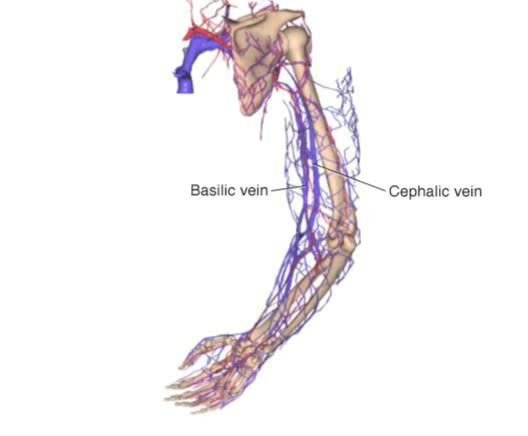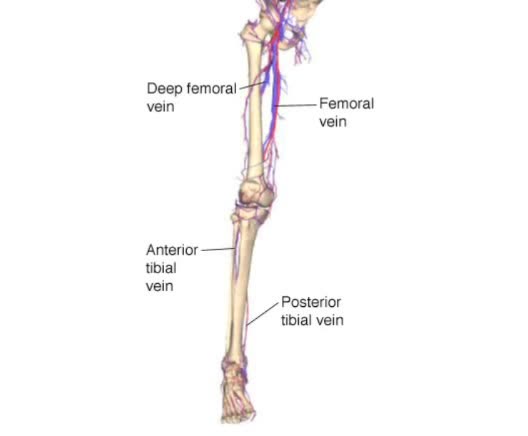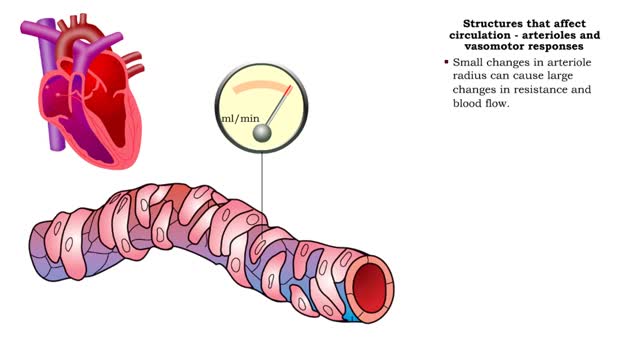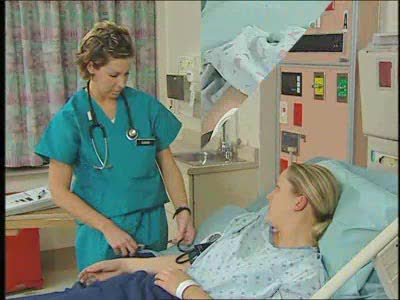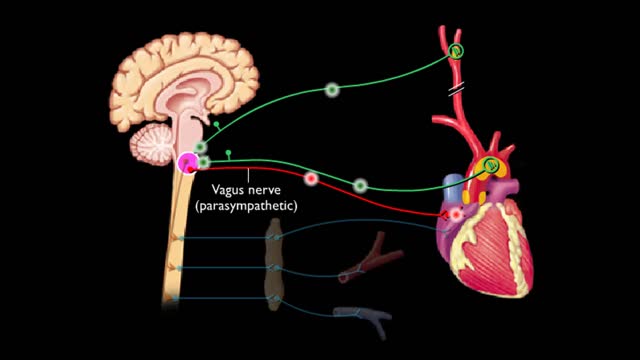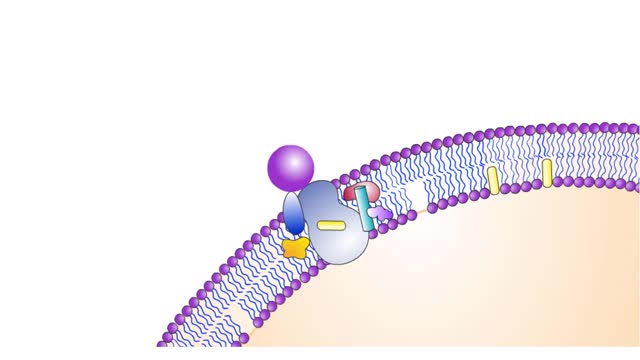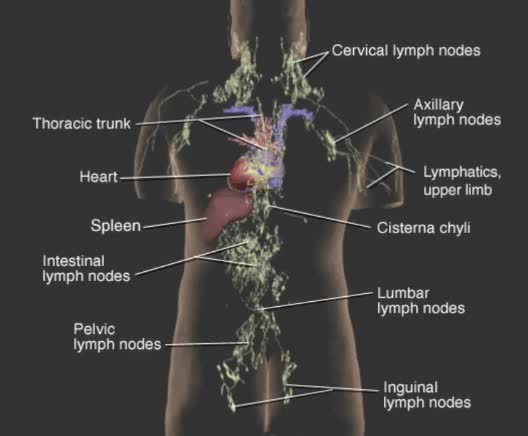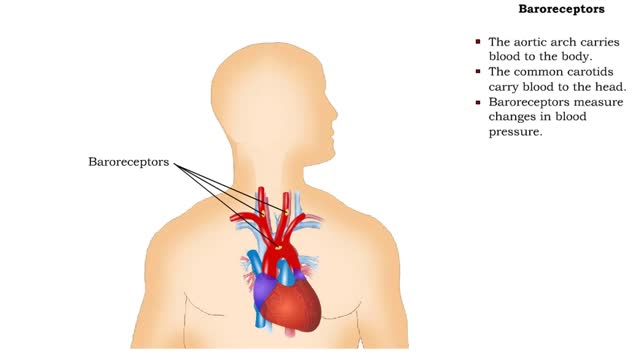Search Results
Results for: 'Arteries'
By: Administrator, Views: 811
Arteries A branching system of vessels that transports blood away from the heart to all body parts. All arteries have a pulse, reflecting the rhythmical beating of the heart. Arteries Certain points are commonly used to check rate, rhythm, and condition of the arterial wall. Most commonly ...
By: Administrator, Views: 14596
Arteries A branching system of vessels that transports blood away from the heart to all body parts. All arteries have a pulse, reflecting the rhythmical beating of the heart. Arteries Certain points are commonly used to check rate, rhythm, and condition of the arterial wall. Most commonly ...
By: Administrator, Views: 14746
A heart attack occurs when an artery supplying your heart with blood and oxygen becomes blocked. Fatty deposits build up over time, forming plaques in your heart's arteries. If a plaque ruptures, a blood clot can form and block your arteries, causing a heart attack.
Structures that affect circulation - arterioles and vasomotor responses
By: HWC, Views: 11048
■ Small arteries and arterioles determine SVR. ■ Blood pressure drops significantly as blood passes through arterioles. ■ Decreasing arteriole radius and decreased wall elasticity are the main reasons for increased SVR. ■ Small changes in arteriole radius can cause large changes in ...
By: Administrator, Views: 14431
How nurses check a patient's blood pressure. Blood Pressure The pressure exerted by the blood on the walls of the arteries. Higher (systolic) number: the pressure while the heart contracts. Lower (diastolic) number: the pressure when the heart relaxes between beats. Measured by a sphygmoma...
By: HWC, Views: 10688
Baroreceptors located In the carotid sinus and the arch of the aorta respond to increases in blood pressure. Increased blood pressure stretches the carotid arteries and aorta causing the baroreceptors to increase their basal rate of action potential generation. Action potentials are conduct...
HDL (high density lipoprotein)
By: HWC, Views: 10211
HDL cholesterol can be thought of as the “good” cholesterol. (So, in the case of HDL cholesterol, higher levels are actually better.) The body uses cholesterol to make hormones and vitamin D and to support digestion. HDL carries LDL (bad) cholesterol away from the arteries and back to t...
By: Administrator, Views: 589
Blood and lymph are two of the body's main fluids and are circulated through two separate but interconnected vessel systems. Blood is circulated by the action of the heart, through the circulatory system consisting largely of arteries, veins, and capillaries. Lymph does not actually circulate. ...
By: HWC, Views: 11116
A baroreceptor is a specialized nerve ending that allows your brain to sense blood flow and blood pressure in the major blood vessels of your circulatory system. • The aortic arch carries blood to the body. • The common carotids carry blood to the head. • Baroreceptors measure chang...
Advertisement



